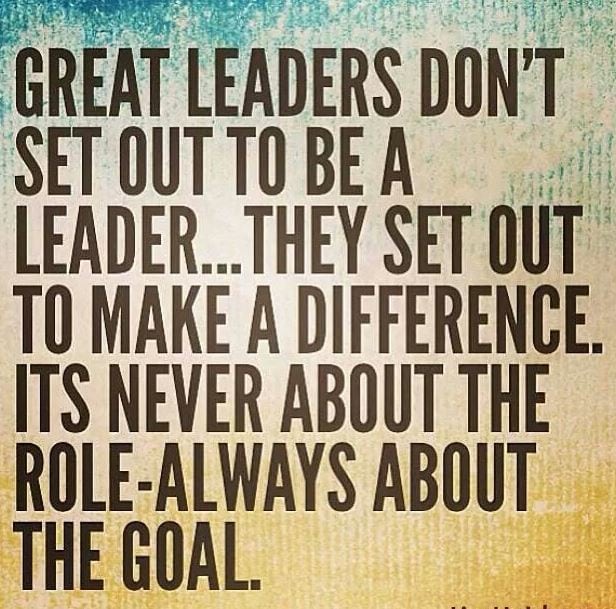
What homeless people really need is a home, not a clean shirt or bowl of soup
June 20, 2017
What are Australian values?
June 26, 2017Empire and colonial expansion impacted on so many different people, in different ways, but with many commonalities.
Empire provides a framework for examining terrorism, refugee rights and the rights of the Aboriginal peoples of many colonised countries.
Three points are critical to understanding imperialism and colonial governments.
Firstly, it needs to be acknowledged that colonial governments don’t colonise countries based on consent. Pretty obvious, but we need to state it clearly and up front.
Secondly, empire builders were in a situation in continual crisis of legitimacy, colonial governments dominated their populations by violence and other genocidal practices.
Thirdly, these practices have a long afterlife. They feed inter-generational trauma, much of what we call terrorism and the modern refugee crisis.
The trauma that continues to fester from our colonial history are not dealt with, and, remain largely un-discussed. We have a real paranoia and institutional deafness about addressing the historical roots of dispossession, the modern refugee crisis and, indeed, terrorism.
Britain and other European nation states, particularly France, dominated many parts of the world as colonial empires from the 18th century until about the middle of the 20th century. All of North Africa, much of central Africa, were French colonies, and much of the Middle East, Syria and Lebanon. British colonies in Palestine, today’s Israel, Jordan, Iraq, informal colony in Iran. Kenya, Uganda, Tanganyika (now Tanzania), South Africa, along with all of south Asia — Pakistan, India, Bangladesh and Burma. Not forgetting Australia, Canada and New Zealand.
The major carve up of the Middle East was after world war one. The Israeli-Palestinian conflict, the conflict between Kurdistan and the surrounding states, the Lebanese civil war, and the current Syrian civil war, all have their direct roots in that period and the decisions that were made by British and French colonialists at that time.
When refugees are fleeing these ongoing conflicts, they’re fleeing the legacy of the colonial enterprise. These are lasting effects of colonial rule. The colonial counter-insurgencies that Britain and France waged, people haven’t dealt with them. They haven’t been discussed: it’s not part of the public discourse in these countries.
Once those people then try to gain full citizenship in the countries that used to colonise them, that racial rift, that cleavage, doesn’t just go away. So, those people are disenfranchised and not offered the same kind of employment, or the same kind of educational facilities, or the same housing, or the same rights to participate and to represent themselves in the countries where they find themselves. That is a key part of the dilemma of former colonial powers in the modern era.
This means the wounds that continue to fester over the colonial history are not dealt with.
Colonialism happens in a situation where people in the colonising country, in the dominant power, imagine that the people of other countries don’t have the same rights that they have. This is where our inherent structural racism springs from. It is also why that racism is especially different for first peoples, as against other non-white races that have followed the colonists to these shores.
There is an idea, an ideology, with links to philosophy and theology that the colonial powers are entitled to dominate other peoples, and this is kind of the first step for a colonising country. This enables genocide and genocidal practices like the removal of children from family and community.
So Australia’s first peoples are in many senses in the same boat as people from the regions of Africa and the Middle East. Australia’s dominant power paradigm is that of a colonial power. That is from where Australia gets legitimacy and that remains so until we do two things that are fundamentally one. They are as follows:
- One, cut all ties with the English sovereignty. This can most logically be done by the establishment of a republic.
- The second is to acknowledge the sovereignty of the first peoples of this land. This can be done by way of treaty.
That is why people who speak of Australia as a post-colonial society are wrong. We remain a colonial state until we have the maturity to take those steps towards true nationhood. This is what Uluru is proposing, and, it is an enormous gesture of goodwill. It provides an opportunity to establish a time of truth telling. This is what reconciliation is all about: dealing with history. That is the unique offer that the Uluru statement provides for Australia and we, as a nation, should grab it with both hands.



